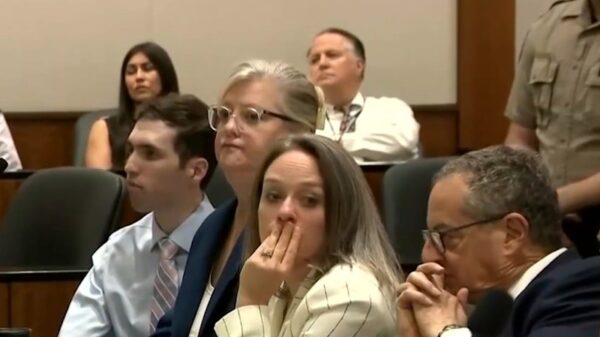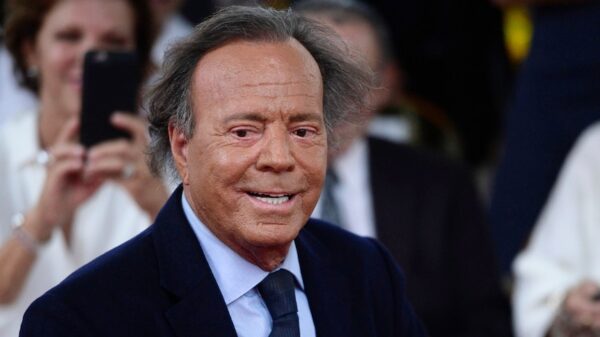Former President Donald Trump has granted full pardons to several individuals connected to his efforts to overturn the results of the 2020 election. Among those pardoned are his former chief of staff Mark Meadows and attorneys Sidney Powell and John Eastman. The announcement was made by Ed Martin, the Justice Department’s pardon attorney, who shared the signed proclamation via social media.
The pardons, described as “full, complete, and unconditional,” do not extend to Trump himself. Presidential pardons apply solely to federal crimes, and none of the individuals named in this proclamation faced federal charges related to the election. This decision highlights Trump’s ongoing attempts to reshape the narrative surrounding the election he lost to Joe Biden.
Pardons Reflect Ongoing Political Divisions
These pardons follow Trump’s earlier decisions to absolve many supporters charged in connection with the January 6, 2021, Capitol riot. This includes individuals convicted of assaulting law enforcement during the event. The proclamation characterized the prosecution of those aiding Trump’s attempts to remain in power as “a grave national injustice perpetrated on the American people.” It expressed intentions to promote “the process of national reconciliation.”
The White House did not provide immediate comments regarding the pardons. Additionally, the pardons included Republicans who acted as fake electors for Trump in 2020, who were charged in state cases for submitting false certificates that claimed they were legitimate electors, despite Biden’s victory in those states.
Trump himself faced felony charges related to efforts to overturn the 2020 election results. However, the case brought by special counsel Jack Smith was abandoned in November after Trump’s electoral victory over Kamala Harris due to the Justice Department’s policy against prosecuting sitting presidents.
Legal Challenges and Ongoing Investigations
The individuals named in the recent pardons, including Giuliani and Meadows, have been charged by state prosecutors concerning their involvement in the 2020 election. Many of these cases have stalled or have not progressed significantly. For example, a judge dismissed the Michigan case against 15 Republicans accused of attempting to falsely certify Trump as the winner in that battleground state.
The pardons mark a significant moment in the ongoing political landscape, reflecting the deep divisions surrounding the 2020 election and its aftermath. Trump’s actions continue to resonate within the Republican Party and among his supporters, as the country grapples with the implications of these events.

































































